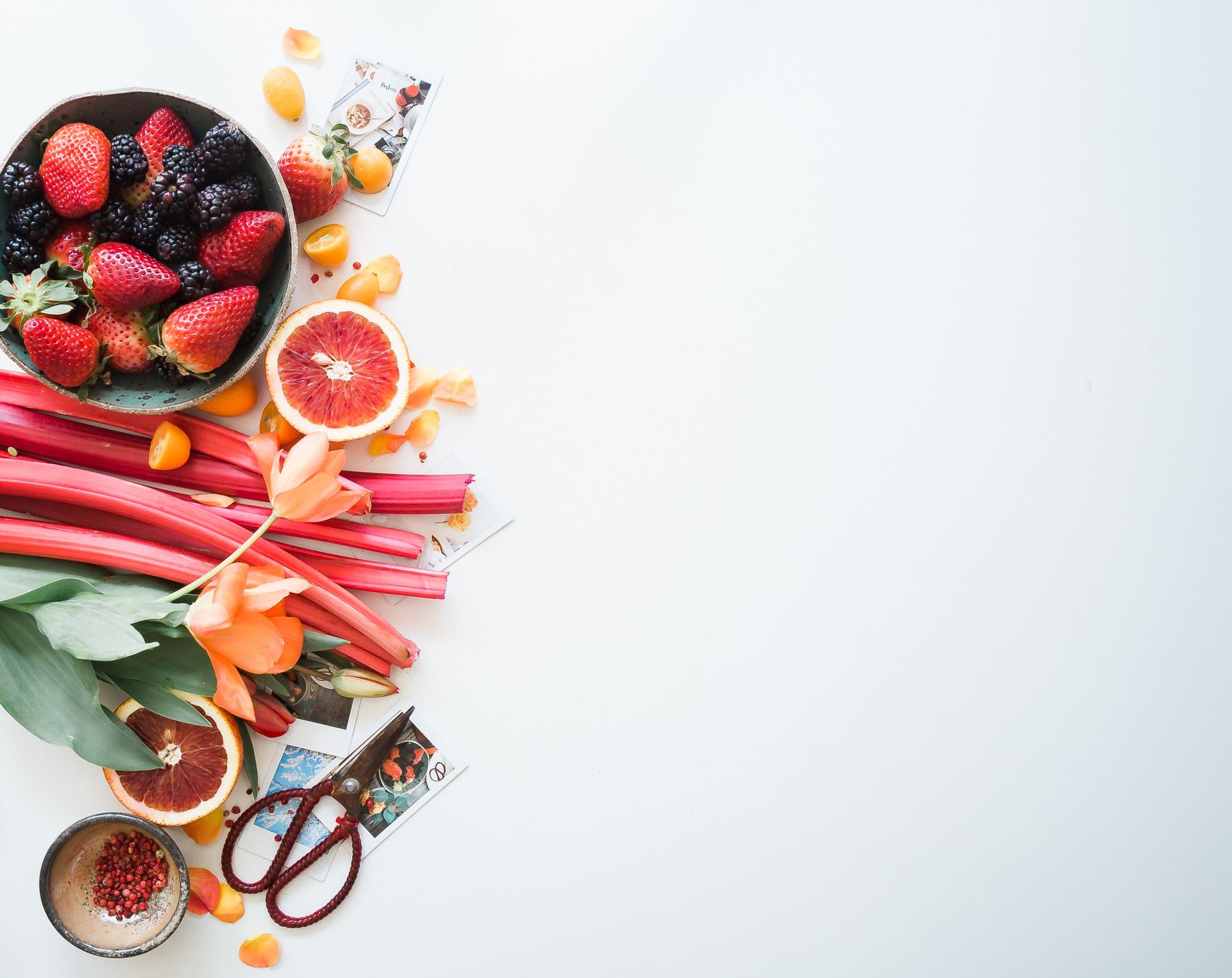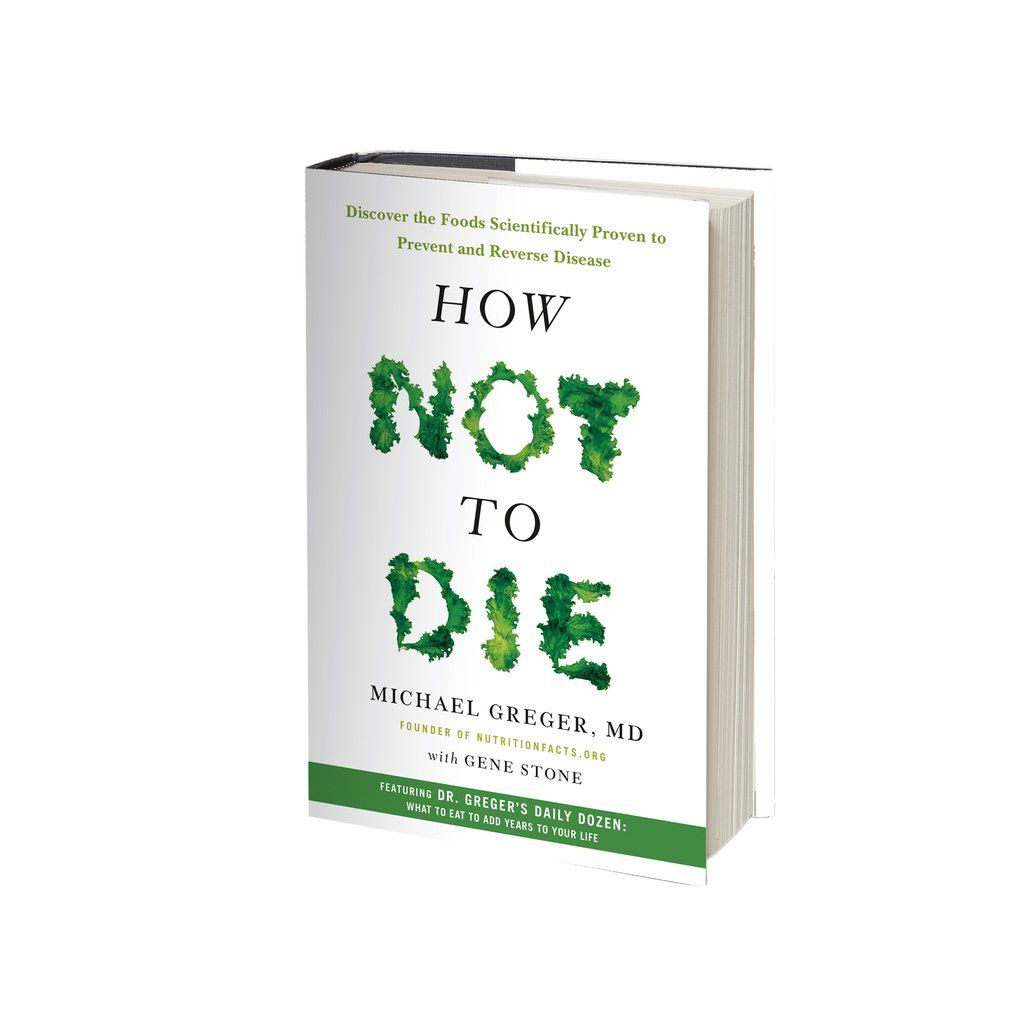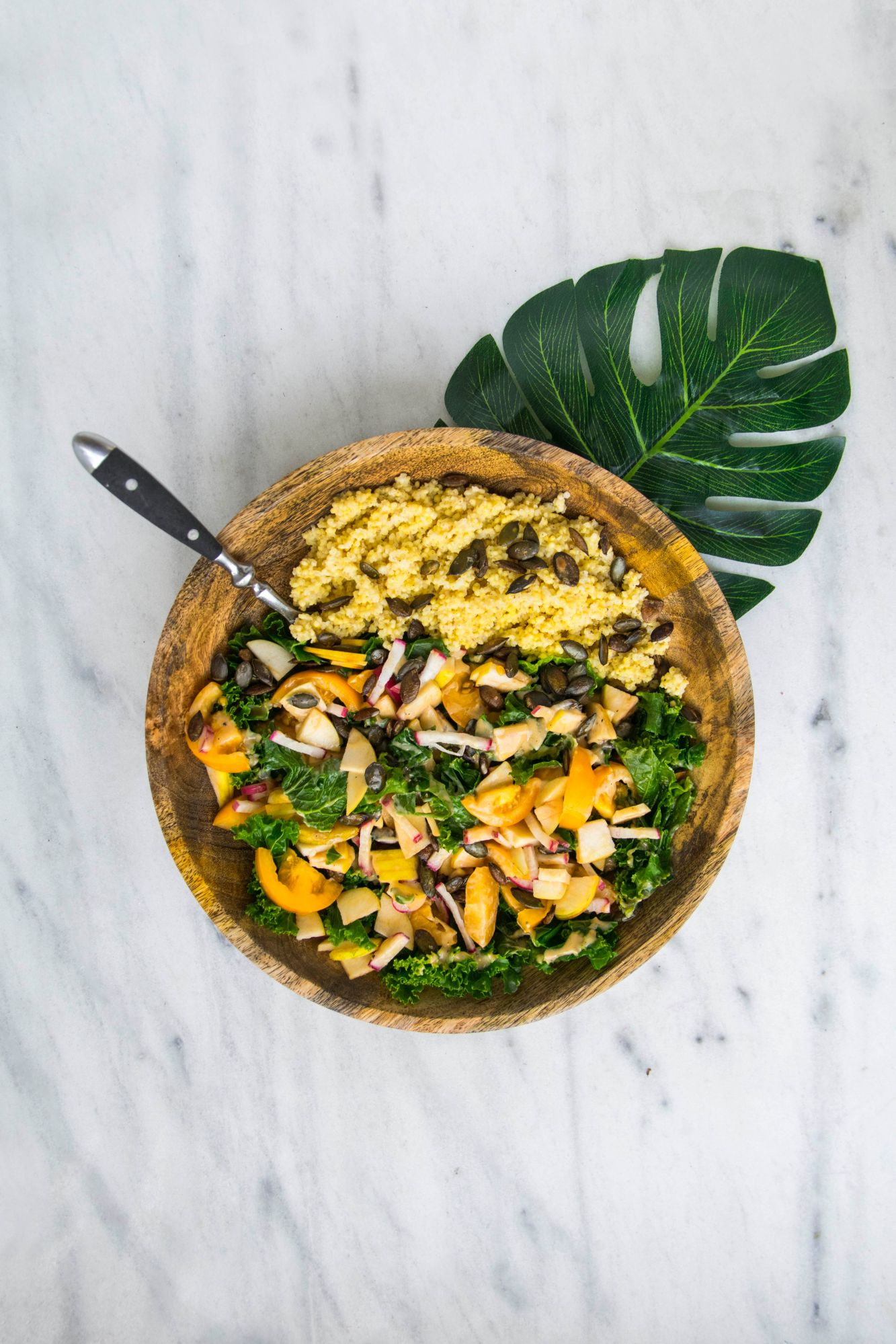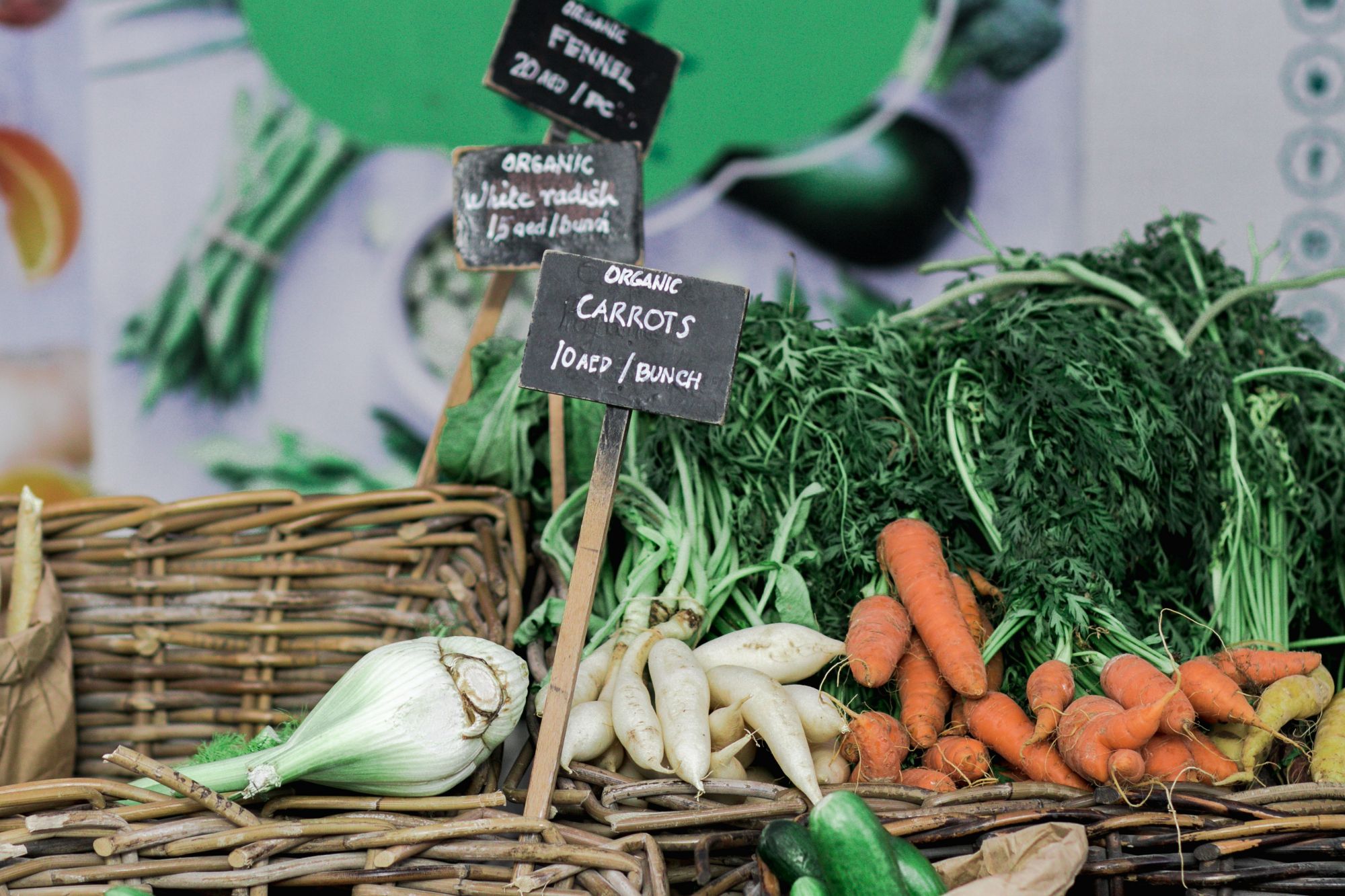A passionate advocate of vegetarianism, bestselling author Michael Greger tells us how what we eat influences life—and death
When Michael Greger shot to number six on the New York Times Best Seller list in 2015 with his book How Not To Die, singing the praises of whole foods and plant-based eating, veganism was still a long way from being embraced by the mainstream.
The science-based website he founded in 2011 to provide free advice on meat-free sustenance, nutritionfacts.org, was also little known.
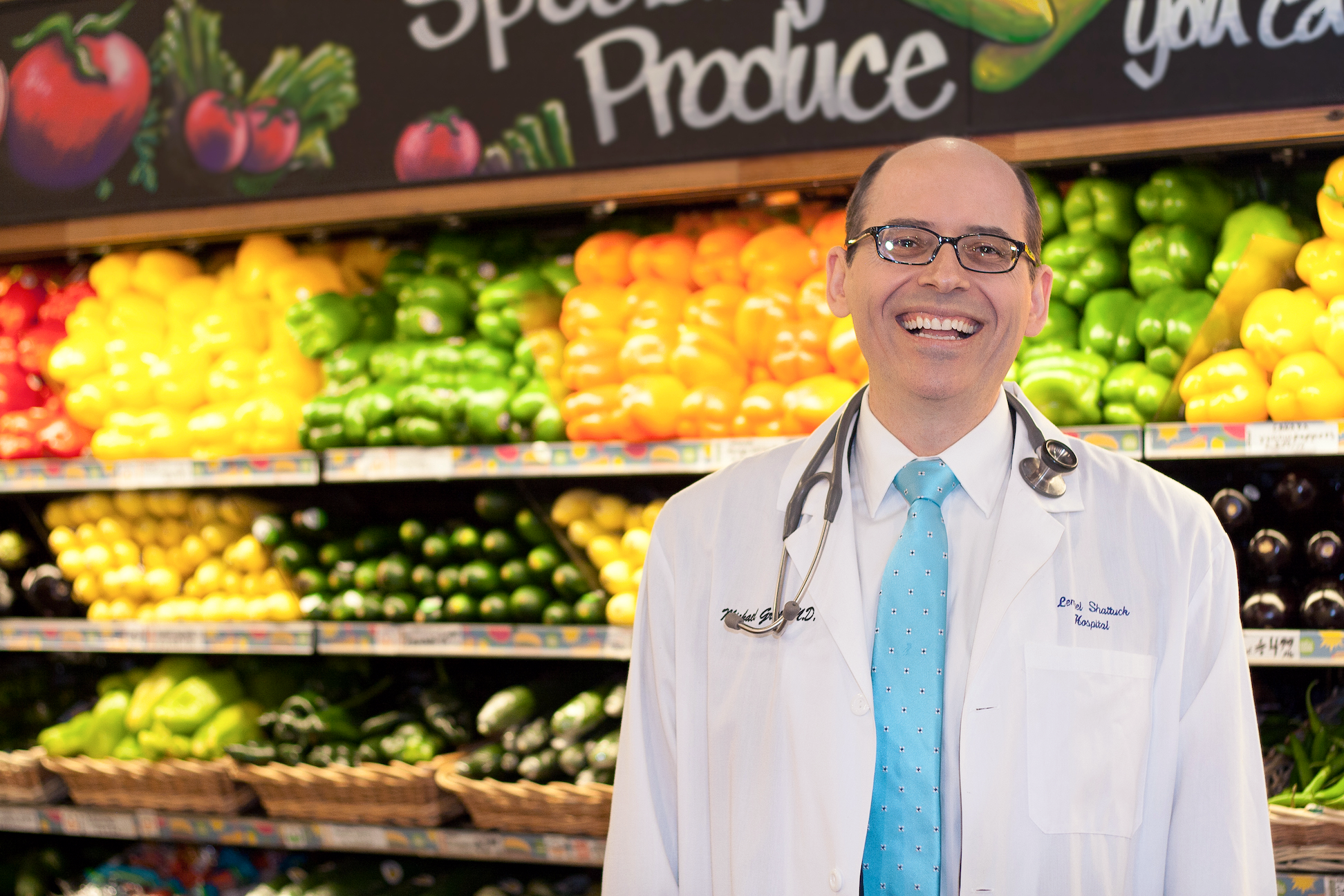
A key player in the plant-based movement
Today, however, plant-based eating is increasingly being hailed as the next big food movement. Greger’s book, subtitled "Discover the Foods Scientifically Proven to Prevent and Reverse Disease", and his website lauded as bibles by seasoned and aspiring vegans alike.
The American doctor—a clinical nutrition specialist—has become a guru of sorts and one of the most outspoken figures advocating for plant-based living.
See also: 6 Vegan Spots To Try In Hong Kong
“We are at a pivotal moment in the healthy living movement, due in large part to social media,” he explains. “I think it is the democratisation of knowledge via the internet that is most responsible for this change. n 2018, any of us can use the internet to track down the best science.”

